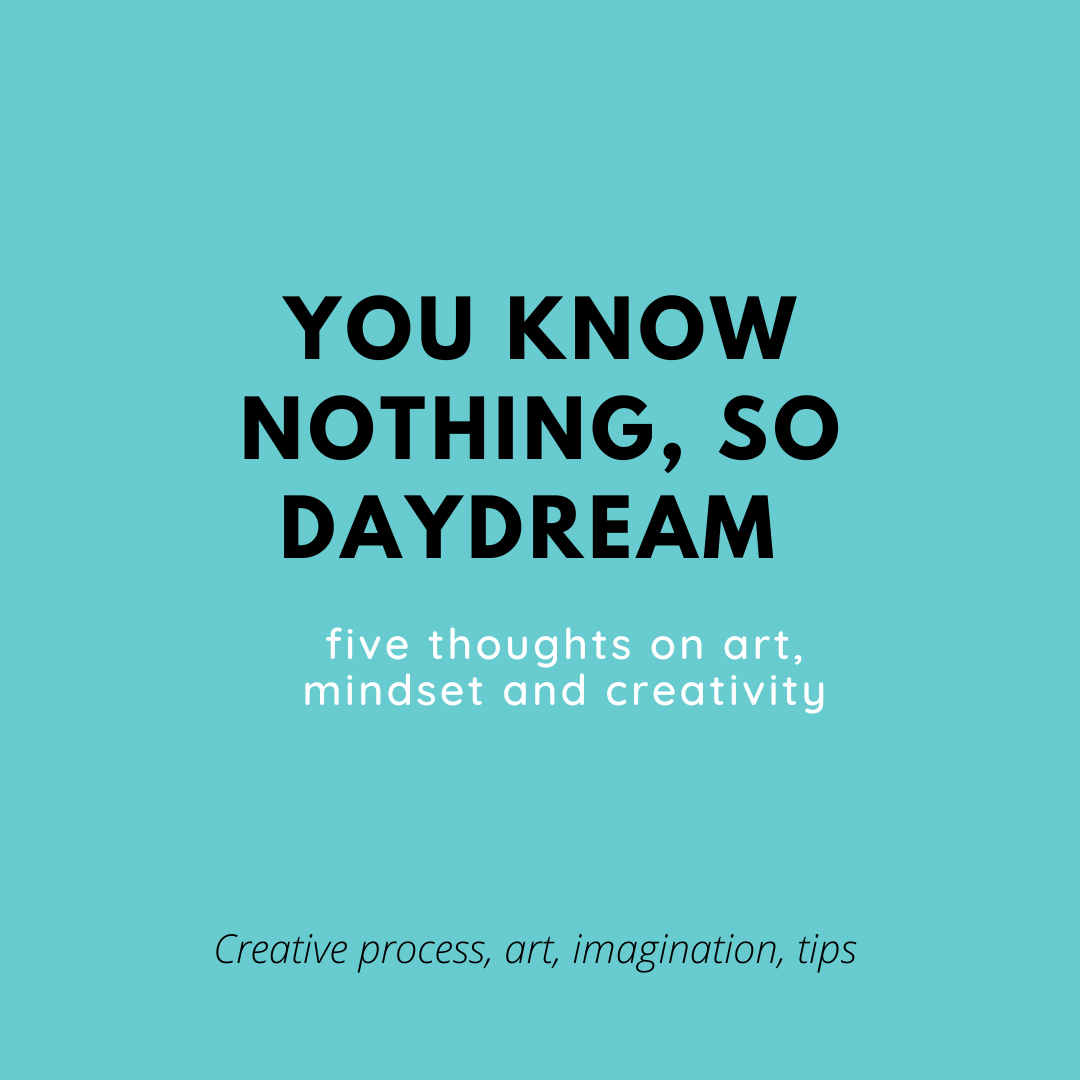Let there be Trust (five thoughts on learning).
They have to trust you.
That’s on you to build, to honor, and to keep.
If they’re up high and you say “jump!” Then you have entered into a contract with them. The contract is that:
They jump, and
You catch them.
That is the contract. You don’t drop them.
Apply that to anything you’re learning, teaching, studying, or trying to get them to do. You have to:
Earn their trust, and
Keep their trust.
You catch them.
Before you can teach them how to properly plant, or jump, or fly though the air, or land…
…you have to teach them about trust. You don’t tell them.
You show them.
You don’t drop them.
Show them a little.
So they’re scared to jump?
Show them. Maybe you can’t stand on a dresser. But you can find a table or a chair or a couch.
This is a metaphor. A metaphor that’s been run into the ground. But it’s still useful. It’s not about the jumping. It is about:
First gaining, building, and keeping trust, and
Second, finding a small foothold to begin The Scary Process of Something New.
So find a small way to move forward and build on that.
Let them roam.
This is both metaphoric and literal advice.
After there is two-way trust, after you shown them a little, let them roam.
Let them try. Let them go a little further and farther each time, physically, emotionally, intellectually. If you have done the first two things well, then they will venture a little more into the unknown each time.
And will return each time.
A child has feelings at every age.
I have held 2-year olds with chests heaving, tears pouring down cheeks, sobbing their hearts out over being left out.
Or being scared, being frightened, being humiliated, being nervous, being anxious, being…any number of emotions.
We may not enter the world intellectually or physically developed, but emotions and feelings seem to grow at rate outpacing just about everything else. That’s my observation; not from studies or developmental authorities.
That is why I am strongly opposed to teaching and parenting approaches that lean on shame, guilt, belittlement, and public call-outs as a way to ‘help’ someone learn.
Strongly opposed.
We all have feelings, and they’re different. And they don’t kick in at a certain age, in my observation. It is immeasurably helpful for me to remind myself of this.
If a child feels good, they’ll be able to think better. If they can think better, they can learn more effectively.
Help them find their courage, and respect the limits while also nudging and supporting...
This is possibly the most difficult one for me as a parent and teacher. Why? Because when you care for and respect someone, you do two things:
You accept them as they are.
You challenge them to become the best and strongest and most capable person they can be.
So how do you find a child’s limits at different ages and stages?
Maybe this is where the previous pieces really come into play:
connecting with and respecting their feelings, letting them roam and gain confidence, modeling incremental improvement, and building trust at every turn
I want to help those around me rise. Rise and become, as that great Army campaign from the 1980s went, “…be all you can be.”
So what are the limits with different things, like climbing tall trees, or jumping into deep water, or speaking in public, or embarking on anything new?
I don’t know. It is maddeningly relative and amorphous. But I do believe that choosing to use Trust as an umbrella is the best way to help a young person - or anyone - learn.
Bonus : Learning is not always linear.
This is another hard one for me, because I love the idea of Building Blocks of Knowledge. In other words, once you learn something, you have it. You’ve got it, it’s with you, it’s a linear progression. A lot of times that’s true, thankfully.
But it’s also not always reality.
Sometimes courage stretches tall and sometimes it sinks deep. Sometimes a child is really good at something, and then something changes, they regress, and it feels like that work went nowhere.
It didn’t. It’s hibernating or dormant or taking a siesta. Be patient.
Oh, if our kids could hear me waxing eloquent about patience right now…they would be laughing. I am sometimes not very patient. I have also chosen to continually learn and try to continually improve..and sometimes choose to be a hypocrite and write about something that I’m still heavily working on. Something like patience.
I’d like to think that’s a lesson too: we can keep learning at every age and stage, and we can look in mirror and acknowledge the areas we’re still working on as well. That’s honesty.
And Honesty is a blood-sibling to Trust. Back full-circle.
May you learn well today. 😊









